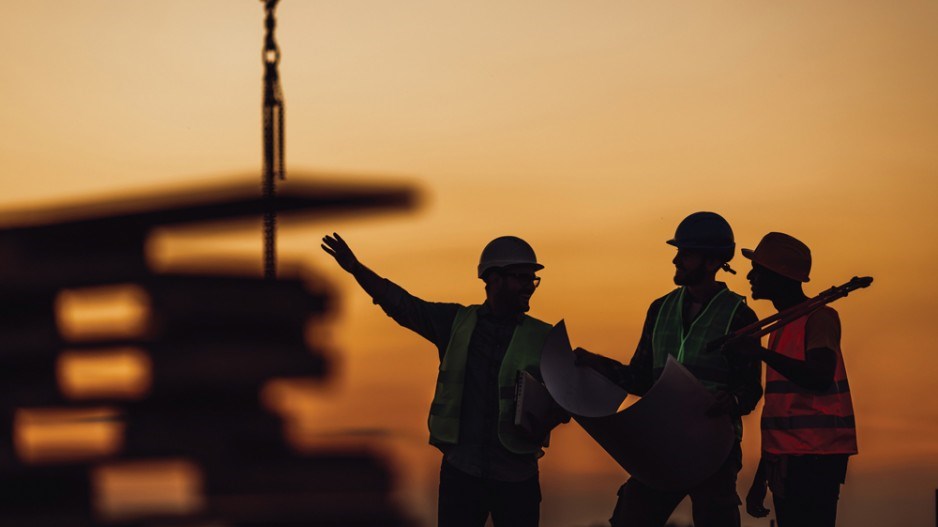Many B.C. construction workers have a mental health or substance abuse problem.
According to a recent BC Coroners Service report zeroing in on 872 overdose deaths in B.C., more than half of the employed people in the province who died of an overdose worked in construction.
And the most recent WorkSafeBC stats show the number of approved mental health claims rose steadily from 136 in 2018 to 152 in 2019 and to 163 in 2020.
There are about 50,000 construction companies in B.C., and they employ 220,000 workers, which makes the industry one of the province’s biggest employers. That means what happens in construction affects the whole province.
The industry has responded to its mental health and substance abuse challenges with some creative initiatives.
One of the first was the Construction Industry Rehabilitation Plan (CIRP), which was founded in the mid-1980s. CIRP is a harm reduction program that provides mental health and substance use (MHSU) services to the 40,000 members of BC Building Trades and the Construction Labour Relations Association of BC.
“We work to raise awareness of issues related to MHSU, as well as awareness of the causes of poor mental health and substance use,” said CIRP executive director Vicky Waldron.
Waldron said CIRP is working with B.C.-based Lifeguard Digital Health to develop an app that will hold learning materials on mental health and substance use, which members will be able to use free of charge.
In 2016, Scott Construction took a major step for the sector by starting a mental health committee. Scott president Darin Hughes and manager of program services Mike Haley said the committee has been popular since it started meeting.
The committee’s dozen members meet quarterly for about an hour and discuss a range of mental health subjects, such as stress management, healthy habits, suicide and alcohol and drug abuse.
Talking about these sensitive subjects in a group of like-minded people makes it easier for individuals to speak up, they said.
Early in 2021, the Vancouver Island Construction Association began a partnership with Island Health on the Tailgate Toolkit Project (TTP), an initiative aimed at improving access to harm reduction services for Island construction workers.
TTP consists of toolbox talks, a training course for industry members and, in partnership with the Umbrella Society, a construction industry support group.
Another present-day program is RE-MIND, a collaboration of the BC Construction Safety Alliance (BCCSA) and Work to Wellness Rehabilitation Inc., with the goal of improving construction workers’ access to mental health information and services.
Its website at https://re-mind.ca/ contains an array of information; it also has a link to The Lone Hunter, a short video about a fictional construction worker named Dave, who, after a close call at work, realizes he needs help.
BCCSA executive director Mike McKenna said mental health challenges in construction are unique.
“Even if construction workers have symptoms of poor mental health, they can still function reasonably well at work,” McKenna said. “It’s different from an office, where everyone notices immediately if someone is ‘off’.”
The idea for The Lone Hunter video came from Work to Wellness CEO Diana Vissers.
“Construction workers’ toolbox talks often include videos,” Vissers said. “So we decided to make a high-quality video on mental health.”
In June 2021, the Independent Contractors and Businesses Association (ICBA) created the Workplace Wellness Program, aimed at getting workers talking about mental health.
“Promoting employee well-being and a healthy workplace culture can be challenging in construction,” said ICBA president Chris Gardner. “The stigma of mental wellness challenges often prevents struggling people from getting the help they need.”
ICBA recently named former Vancouver Canucks goaltender Corey Hirsch as its 2022 Workplace Wellness Ambassador.
In January, Hirsch will embark on a “Just One More Day” mental wellness speaking tour throughout B.C.
“I talk to people about the importance of breaking through fear and stigma and starting a conversation about mental health,” Hirsch said.•




